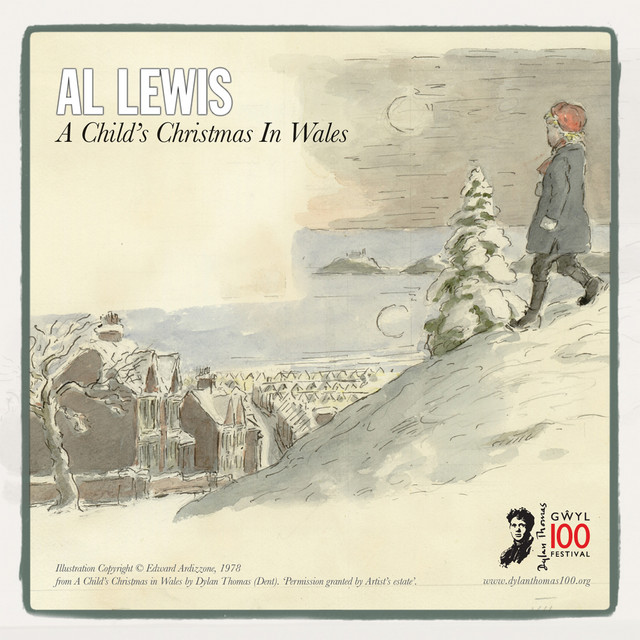Christmas is a bit of a nostalgia trap.
We decorate the same way we do every year (and likely the same way our parents did), we listen to the same music, we eat the same food, and we watch movies that celebrate the way things used to be. Back when it always snowed on Christmas, and kids roamed the streets playing happily with their Red Ryder carbine action BB gun.
You know, a simpler time.
But the important thing to remember is that it only seemed simpler because we – our childhood selves, the protagonists in these memories – were simpler. The times themselves were as complicated as they’ve always been. It’s quite possible that as you were enjoying those childhood Christmases back in that simpler time, there was an adult supervising you who was lost in their own thoughts about how things were so much simpler when they were kids.
Now I’m not here to discourage you from having fond memories of your childhood. What I’m here to do is to advise you not to pair those memories with the toxic follow-up thought that because the past was wonderful and care-free, the present is awful.
The present is uncertain, yes. The present is always uncertain. To us, the world of 1952 may seem like a golden age; something to be nostalgic for. At the time however, plenty of folks feared nuclear holocaust, and felt that they were living in a time of extreme uncertainty. It only seems like a golden age to us because we have the benefit of knowing that the nuclear apocalypse didn’t happen. (Hindsight bias is a real thing, and you can hear more about it here.)
Speaking of 1952, it was in that year that Welsh poet Dylan Thomas wrote “A Child’s Christmas in Wales”, a reminiscence of childhood days when things were good and people were good and it always snowed on Christmas. You know, a simpler time.
So instead of bemoaning the fact that the good old days are gone, remember that you’re currently living in the next generation’s good old days. Be on the lookout for what will one day make these days, in retrospect, so good.
What makes this a beautiful song:
1. Welsh songwriter Al Lewis wrote it for the 100th anniversary of Dylan Thomas’ birth, but rather than quote Thomas’ work directly, Lewis builds the imagery around his own childhood memories.
2. A few times including the opening ten seconds, a very quiet ambient noise can be heard in the background. It sounds a bit like a child’s laughter, but it’s so far back in the mix that the listener gets the impression that their memory might be planting it there.
3. For a moment, Lewis sings in Welsh: Aiff y teimlad byth yn hen – which translates to, “The feeling never grows old.”
Recommended listening activity:
Capturing a feeling that never grow old.
